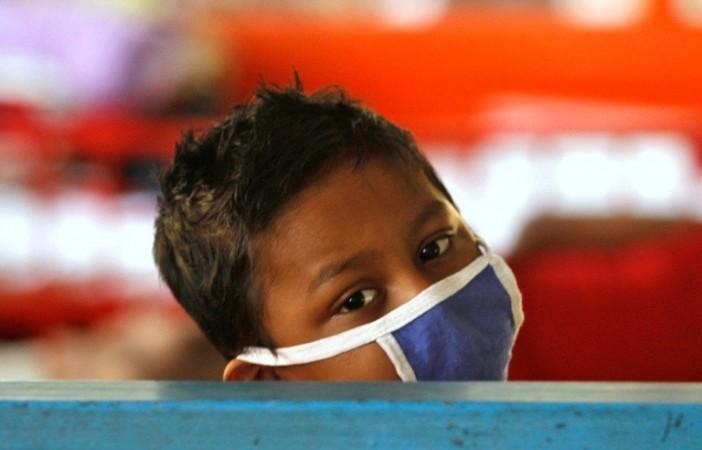
Scientists, for the first time, have identified certain genetic factors that help predict the risk of a childhood cancer, before birth.
A team of researchers led by Kenneth Offit from Memorial Sloan-Kettering Cancer Center in the journal Nature Genetics said on 8 September that they have identified a gene mutation in the DNA sequence of PAX5 associated with childhood acute lymphoblastic leukemia (ALL), one of the most common types of cancer of blood and bone marrow in children.
Gene PAX5 plays a major role in the regulation of several genes and a group of white blood cells called B cells that are crucial for immunity development.
The findings are based on the experiments scientists conducted on the members of a family that had a long inherited history of childhood cancer. Genome sequencing was used to study the participants' DNA and the results were later compared to test results from people without the cancer. All the six members diagnosed with leukemia had a mutation in the PAX5 gene, further leaving a negative impact on the way the gene worked.
"This is the first genetic susceptibility specific to childhood ALL that has ever been seen, so this is a new syndrome," lead author of the study, Offit, said in a news release. "When you look at this story, there's also the human context of a family with small children who have more than their share of medical challenges."
Researchers re-confirmed their findings by conducting tests on a second family affected with the cancer. Apart from that, researchers noted that all the family members with ALL had only one copy of the PAX5 gene (the muted one) instead of the regular two.
Researchers are hoping to use their ground-breaking invention to develop prenatal tests that will help avoid the risk of giving birth to a child with leukemia and to develop better treatments for all types of leukemia. "It could provide a way to preemptively allow parents to check for the mutation so they can make better-informed reproductive decisions," said medical geneticist Kasmintan Schrader, a postdoctoral researcher in Offit's lab.








